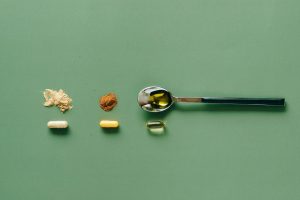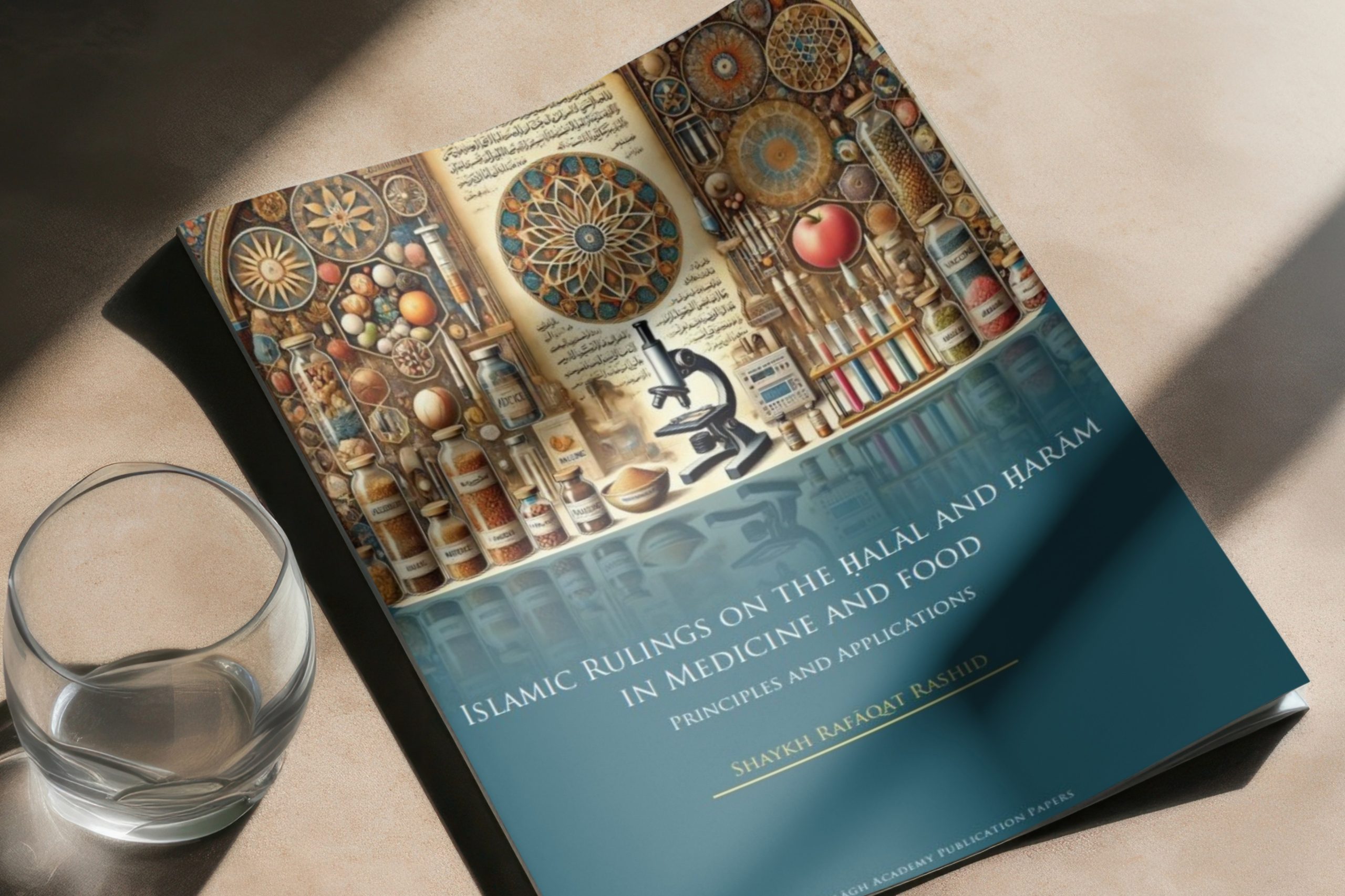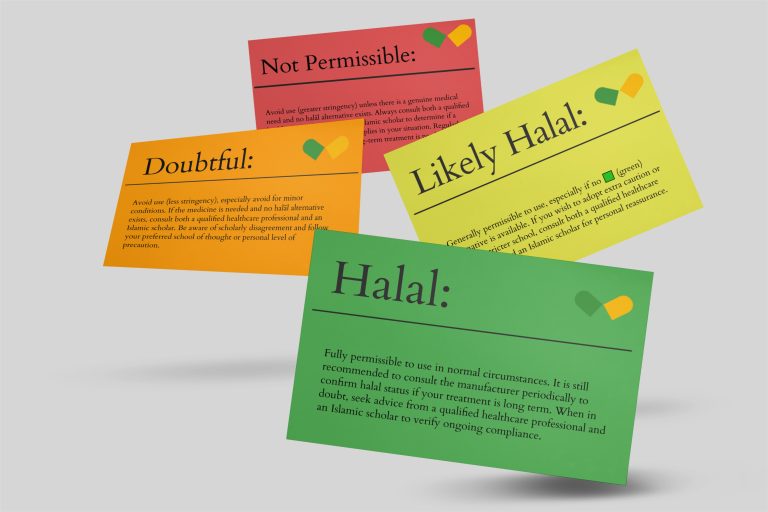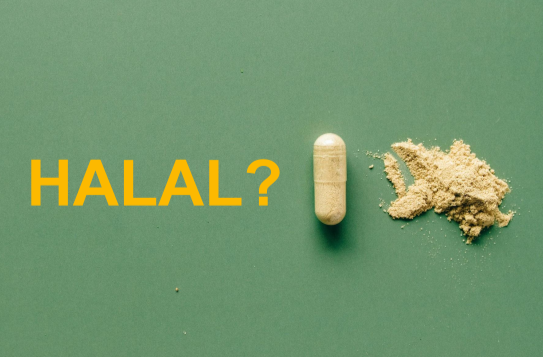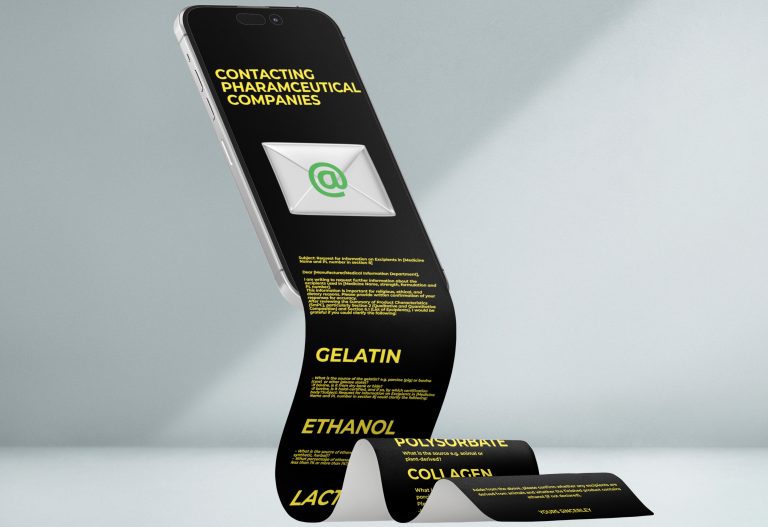Carmine in medicines: additional Islamic information
| Hanafi | Maliki | Shafiʿi and Hanbali | |
|---|---|---|---|
| Ruling on carmine | ❌Haram to consume. ✅Halal to apply topically due to purity. | ✅ Halal to consume. ✅ Halal to apply topically due to purity. | ❌Haram to consume. ✅ Halal to apply topically due to purity. |
| Ruling on carmine purity (taharah) | Carmine is generally considered a substance that is legally pure (tahir). However, you cannot consume it because it is considered repulsive and unpalatable for consumption. | Carmine is generally considered a substance that is legally pure (tahir). The majority opinion of the Maliki school permits consumption of most insects. | Carmine is generally considered a substance that is legally pure (tahir). However, you cannot consume it because it is considered repulsive and unpalatable for consumption. |
| Ruling on transformation (istihala) | Some Hanafi scholars recognize istihala i.e. if carmine undergoes a complete transformation, it may become permissible. The extent of transformation in carmine is contested, and most scholars do not widely accept its permissibility. | Not applicable as majority Malikis consider it permissible and pure. | Shafiʿis are less likely to consider transformation (istihala) sufficient to transform the substance. |
In summary, carmine (which is derived from dead insects) is considered haram to consume by majority schools except the Maliki school. However, it is considered legally pure (tahir), according to the majority opinion.
A substance derived from a legally impure (najis) source is generally haram unless it undergoes complete transformation (istihala). Some Hanafi scholars recognize transformation i.e. if carmine undergoes a complete transformation, it may become permissible. However, the extent of transformation in carmine is contested, and the majority of Islamic scholars do not widely accept its permissibility.1
What is istihala (transformation)?
Istihala is the complete chemical transformation of a legally impure (najis) substance into a completely new substance that is considered legally pure (tahir). The latter substance no longer retains the chemical properties of its former state (i.e. there has been a change of the original substance in form, colour, smell, taste, nature, effect, name, use, properties and is irreversible). The substance can undergo this chemical change through scientific or natural means.2 An example of istihala includes turning wine into vinegar.3
For more detailed information on istihala, you can refer to this e-book.
<— go back to ‘Carmine in medicines’ page
⚠️ Important messages for patients
- Always take or use your medicine(s) exactly as directed or prescribed by your healthcare professional (HCP), such as your doctor or pharmacist
- Do not stop, delay, change or alter the way you take or use your medicine(s) without first discussing it with the HCP who prescribed or supplied it to you
- Always consult your HCP if you have any questions or before making any decisions about your treatment
- For Islamic guidance, seek advice from your local Imam or a trusted Islamic scholar – ideally someone with relevant knowledge and expertise in the fiqh (Islamic rulings) of medicines
- Use the information gathered to make an informed decision together with your HCP and, if needed, your local Imam or trusted Islamic scholar
Disclaimer
- This resource is for educational purposes only. It does not constitute clinical, medical, or professional healthcare advice and should not replace individual clinical judgement or qualified religious guidance
- Always consult your doctor, pharmacist, or other healthcare professional regarding your own medical conditions or for advice on treatment options
- Healthcare professionals remain fully responsible and accountable for decisions made within their own scope of practice.
References and further resources
- Islamic Perspective on Carmine by Shaykh Dr Rafaqat Rashid ↩︎
- Siddiqi, Nasrullah. (2020). Comparative Study of Istihalah Shariah and Chemical Changes. WHS 2020. 89-94. Accessed 27.1.2025 from: https://www.researchgate.net/publication/354339446_Comparative_Study_of_Istihalah_Shariah_And_Chemical_Changes ↩︎
- Jamaludin, Mohammad & Ramli, Mohd Anuar & Hashim, D.M. & Ab Rahman, Suhaimi. (2012). Fiqh Istihalah: Integration of Science and Islamic Law. Revelation and Science. 2. 49-55. Accessed 27.1.2025 from: https://pmc.ncbi.nlm.nih.gov/articles/PMC2014957/ ↩︎



